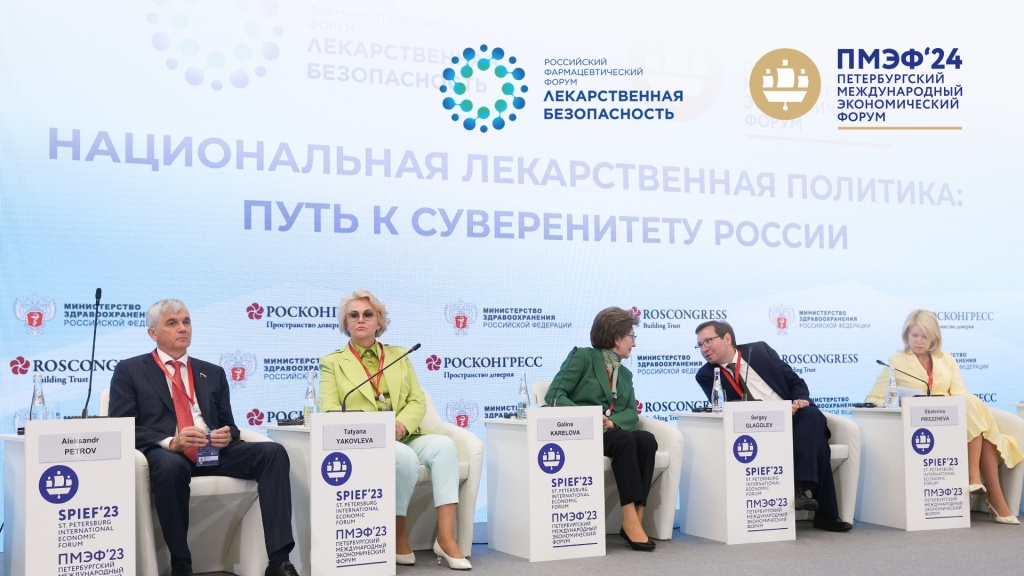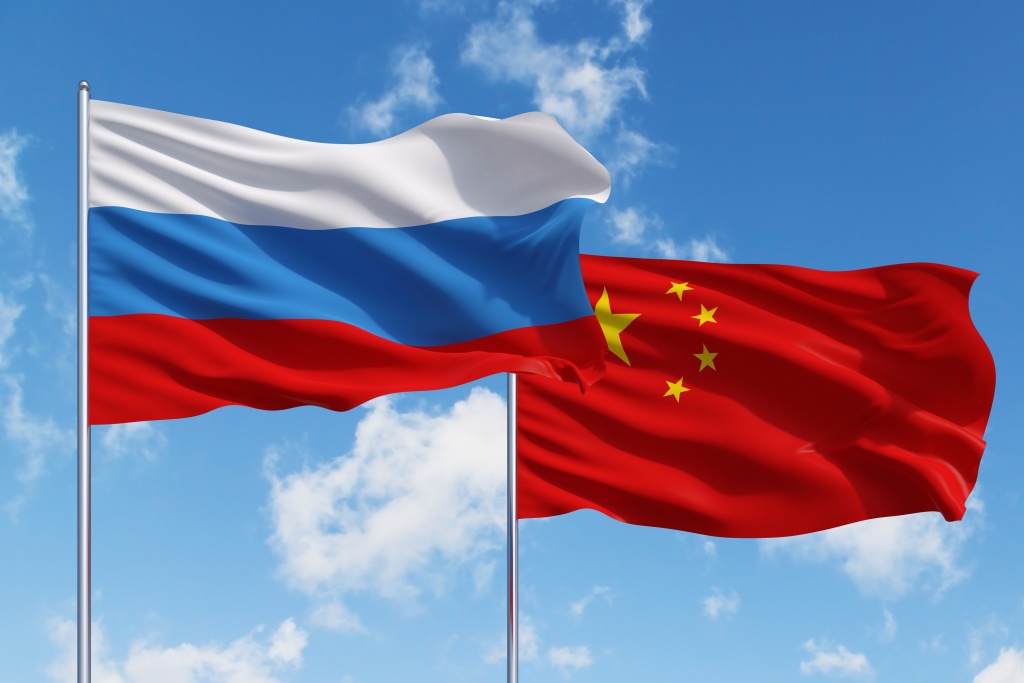
Russian Small and Medium-Sized Enterprises Forum: Educational Projects for Small and Medium-Sized Businesses
A discussion of the prospects of small and medium-sized entrepreneurship (SME) development in Russia as per the SME development strategy through 2030 took place at the 2nd Russian Small and Medium-Sized Enterprises Forum held as part of SPIEF 2016. The panel session entitled Educational Projects for Small and Medium-Sized Businesses and moderated by Andrei Sharov, Head of the Sberbank Small Business Development Department, was dedicated to the issues associated with improvement of staff training and retraining methods, close cooperation between educational institutions and business, as well as a breakthrough in entrepreneurial potential.
Participants of the panel session discussed the issues of improving educational level of entrepreneurs, availability of qualified staff at small and medium-sized enterprises, development of business education, cooperation with higher and secondary professional educational institutions.
The participants voiced support for the idea of providing the basics of enterpreneural education as early as at the secondary school. For instance, Maxim Parshin, Director of the Department for the Development of Small and Medium-Sized Business and Competition Department, Ministry of Economic Development of the Russian Federation, reckons that it is possible to conduct Entrepreneurship Olympiads and the winners of such academic competitions would have preferences when entering high school to study various managerial disciplines.
The speakers pointed out that interest towards theoretical knowledge has been declining lately. People seek the information that they can immediately apply in real life, as the General Director of Delovaya Sreda (Business Environment) Mikhail Fedorenko marked.
Special attention was paid to family business. The companies owned by families have an over 100 year’s history. This is an “undervalued phenomenon in business education in terms of long-term development strategy”, as Mr. Fedorenko pointed out.
As the Head of Delovaya Rossiya Executive Committee Elena Bocherova noted, “teaching entrepreneurship is not always appreciated however extremely necessary in our country”. According to her, such global trends as growing scope of knowledge about the human being, digitalization, increasing number of population, network organisational models and emergence of a new economic model impact the educational process. “It is absolutely obvious today that if you don’t learn every day, you desperately fall behind”, – she said. In the opinion of Elena Bocherova, there are five key elements to any educational programme: who teaches, who is taught, what are they taught at, who manages the process and the very content of education.
In the course of the discussion, the participants stressed the need to build up a tradition and culture of small enterprise in order to make sure it has public recognition and respect.








